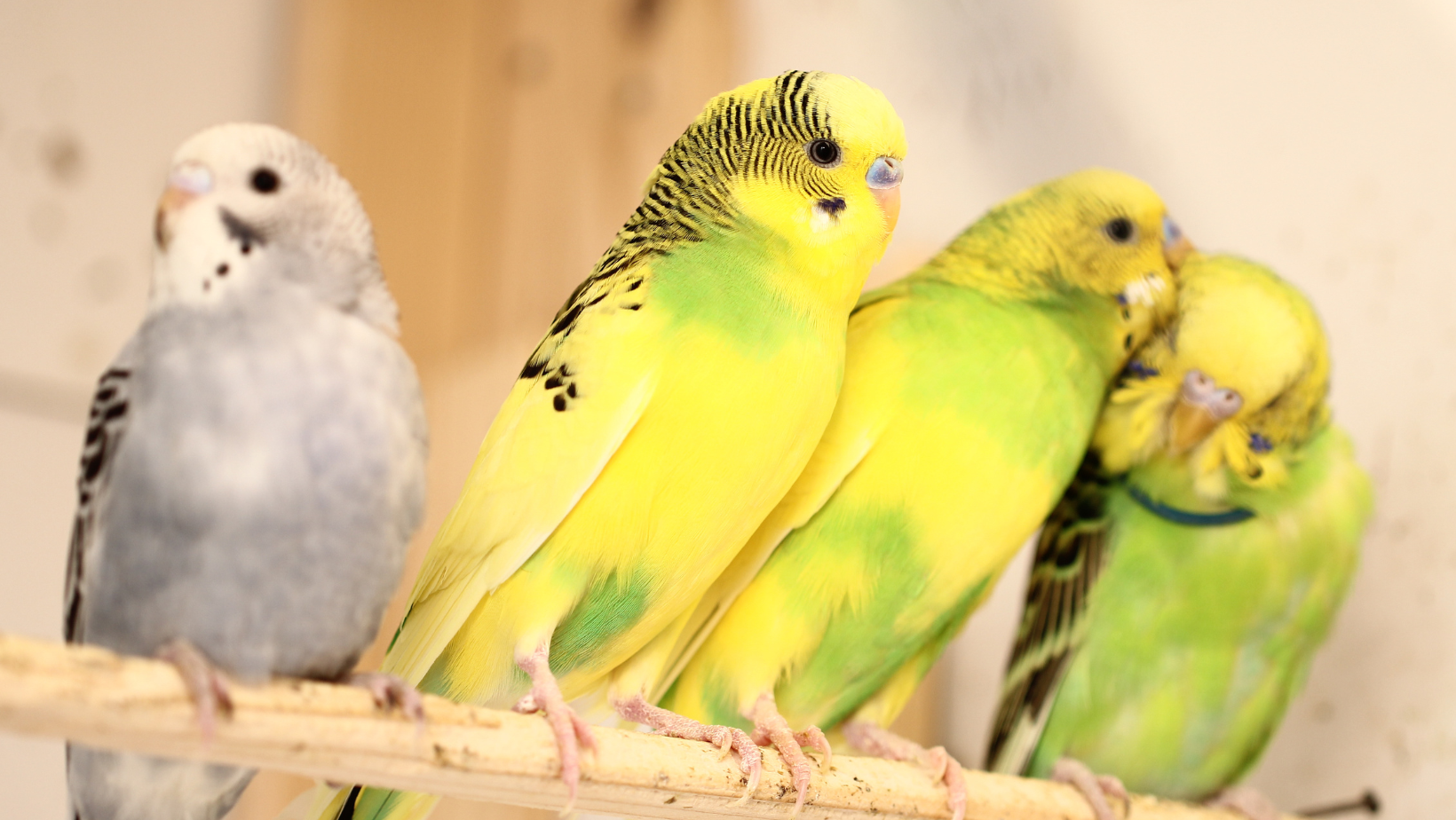Please note we receive a small commission on each item purchased that aids us in our operations.
Preparing for a bird, everything you need to know whether it’s a vibrant parrot, a singing canary, or a friendly cockatiel, requires careful planning to guarantee your feathered friend’s health and happiness. From choosing the ideal cage to ensuring proper nutrition, this comprehensive guide covers everything you need to know to prepare for your new avian companion.
Choose the Right Bird Species:
Selecting the right bird species for your lifestyle, living space, and experience level is crucial. Consider factors such as size, temperament, lifespan, vocalization, and care requirements when choosing a bird. Research different bird species to find one that aligns with your preferences and capabilities and ensure you can provide the appropriate care and attention they need to thrive.
Select a Suitable Cage:
Provide a spacious and secure cage for your bird to live and play in. Choose a cage that is large enough to accommodate your bird’s wingspan and allows ample room for movement and exercise. Opt for a cage made of non-toxic materials, with narrow bar spacing to prevent escape. Include perches, toys, and accessories to keep your bird entertained and mentally stimulated.
Gather Essential Supplies:
Stock up on essential supplies to meet your bird’s needs, including:
- Food and Water Bowls: Choose sturdy, non-tip bowls made of ceramic or stainless steel.
- Bird Food: Provide a balanced diet consisting of high-quality pellets, seeds, fruits, and vegetables appropriate for your bird species.
- Cage Accessories: Include perches, toys, swings, and climbing structures to provide enrichment and exercise for your bird.
- Bedding: Use safe and absorbent bedding material such as paper, corn cob, or wood shavings for the bottom of the cage.
- Grooming Supplies: Including a bird-safe nail trimmer, grooming spray, and bath accessories.
- Healthcare Items: Such as a first-aid kit, avian vitamins, and mineral supplements.
Create a Safe Environment:
Ensure your home is safe and bird-friendly by removing hazards such as toxic plants, electrical cords, and small objects that could be swallowed. Keep windows and doors closed or screened to prevent escapes and use caution when cooking or using household cleaners to avoid exposing your bird to harmful fumes.
Schedule a Vet Visit:
Make an appointment with an avian veterinarian for a thorough health check-up and to discuss vaccinations, parasite prevention, and wellness care for your bird. Establishing a good relationship with a knowledgeable vet early on is essential for your bird’s long-term health and well-being.
Establish a Routine:
Establish a daily routine for feeding, cleaning, and interacting with your bird to provide structure and stability. Birds thrive on routine and consistency, so try to maintain a consistent schedule for meals, playtime, and bedtime. Spend time bonding with your bird through gentle handling, training, and positive reinforcement.
Provide Mental Stimulation:
Keep your bird mentally stimulated and engaged by providing a variety of toys, puzzles, and enrichment activities. Rotate toys regularly to prevent boredom and offer opportunities for foraging and exploring to stimulate your bird’s natural instincts.
Preparing for a new bird requires careful planning, dedication, and a commitment to providing a safe, stimulating, and enriching environment. By choosing the right bird species, selecting a suitable cage, gathering essential supplies, creating a safe environment, scheduling a vet visit, establishing a routine, and providing mental stimulation, you’ll set the stage for a rewarding and fulfilling relationship with your new feathered friend. Enjoy the beauty, charm, and companionship of your avian companion, and cherish the unique bond you’ll share together.





